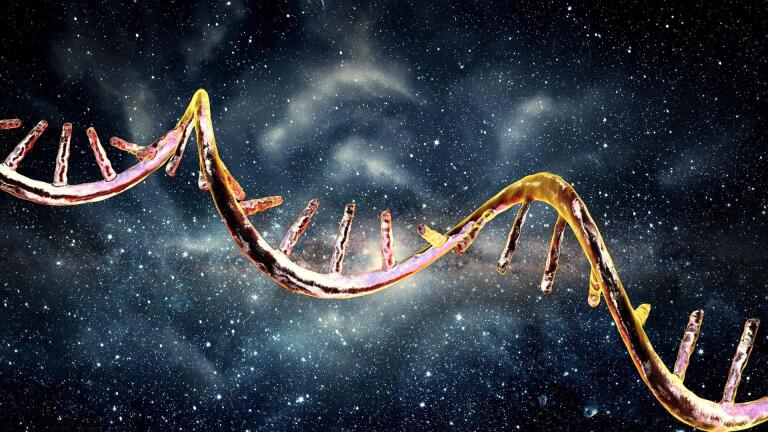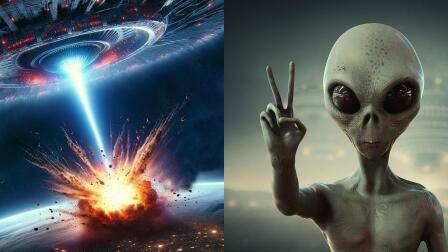Back to Show
PBS Space Time
JWST Discovered The Farthest Star Ever Seen!
Season 9
Episode 27
With the James Webb Space Telescope we’re starting to be able to see the first galaxies. If only we could see the individual stars in those galaxies we could learn so much more. Well, now using this one weird trick we can do exactly that. Or at least we have one lonely star at the end of the universe. But it won’t be lonely for long.
Support Provided By
Season

14:50
Why is there any matter in the universe? A new antimatter breakthrough at LHC holds clues.

16:30
There’s an extremely good chance that Earth once did have a ring system.

17:23
How is it possible to tell if a space rock will one day collide with the Earth?

15:58
Did you know that many of us have up to 4% neanderthal DNA?

16:35
What if the Big Bang was just an endless cycle?

19:39
Why are billions suddenly being pumped into fusion startups?

16:36
The universe should've collapsed after the Big Bang, but a light Higgs boson let us exist.

14:30
Maybe dark energy doesn't exist?

18:32
Dark matter has eluded us for many decades but we may be able to discover more now.

15:35
What do you get if you combine something that’s infinitely massive and negative infinitely massive?

13:39
What does an electron really look like?

16:35
Is there a limit to how much energy you can cram into, or pull out of one patch of space?











